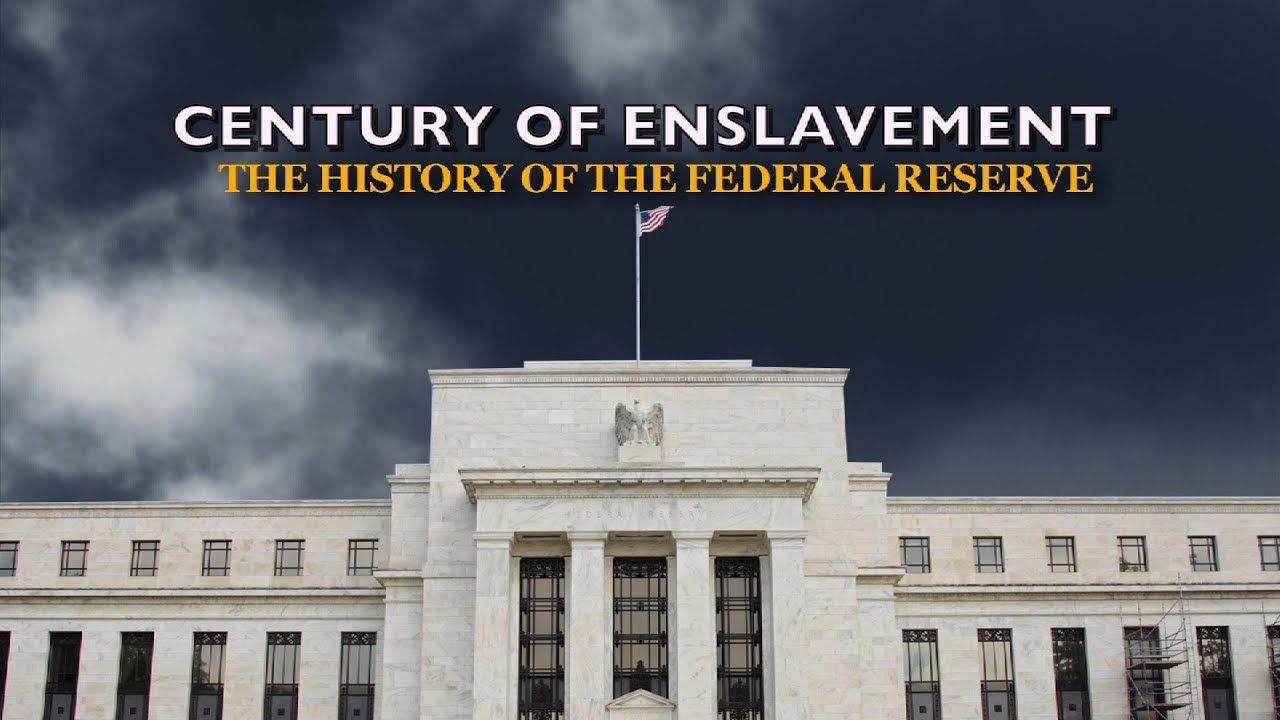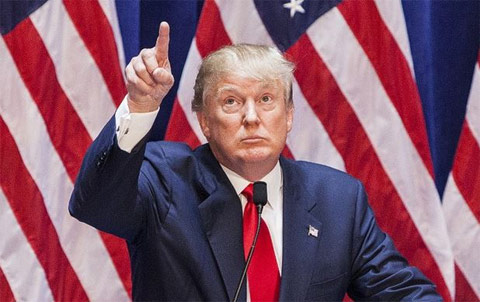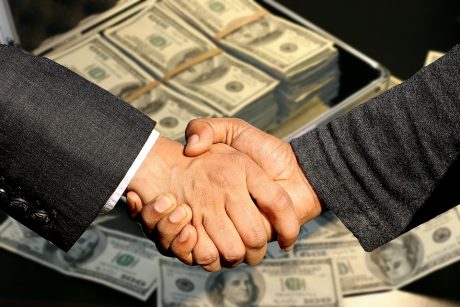This article was originally published by George Ford Smith at the Mises Institute.
But how do we know when irrational exuberance has unduly escalated asset values . . .? — Fed Chairman Alan Greenspan, “The Challenge of Central Banking in a Democratic Society,” December 5, 1996
John Law, the early eighteenth-century Scottish gambler and financier, thought the best way to revive an ailing economy was to remove the “great scarcity of money,” as he wrote in a 1705 monetary tract. A decade after its publication, he took his ideas to the Continent and sold them to Philippe d’Orleans, the regent in charge of France’s finances, who needed a scheme more sophisticated than his failed program of coin clipping and confiscation to save the nation from bankruptcy.
In 1716, Philippe set Law up as head of the Banque Générale, the country’s central bank, giving it and him monopoly control of the note issue. Having won the nation’s trust with declarations of allegiance to sound money principles—he had promised his banknotes would be “payable on sight” in unadulterated gold coin—Law proceeded to apply another element of his theory. Because a scarcity of money, he believed, was the root of France’s economic problems, and since banknotes backed purely by precious metals would be in short supply, he began issuing notes “backed” by the nation’s vast landholdings. Exactly how one would redeem banknotes for acreage he neglected to explain.
Very importantly, Law and Philippe also created a trading company called the Compaignie des Indes, a vaporous entity said to have monopoly trading rights in France’s Louisiana territory. Initially, shares in the company could only be purchased with government bonds still on the market, which had fallen to about one-fifth their value. To the public, the trading company and its investment strategy became known as the Mississippi System.
Philippe was very pleased with the results. People from all ranks were buying shares of the Compaignie des Indes. Share prices began to soar. People were trading and speculating with Law’s paper money, and France’s economy was coming alive. Philippe decided John Law was correct that a shortage of money was an economic evil. He was so pleased with the change in the economy he brought the government closer to the action. He renamed Law’s bank the Banque Royale and, by late 1719, it had cranked out enough new bills to inflate the money supply by a factor of sixteen, no doubt to avert the evil of a monetary shortage.
Will and Ariel Durant describe the madness Law had ignited:
The narrow, dirty Rue Quincampoix, where the System had its offices, was for two years the Wall Street of Paris. Buyers and sellers of all classes, duchesses and prostitutes, Parisians, provincials, foreigners, gathered there in numbers, and excitement mounted day by day. Some were trampled to death in the crush, or were run down by the carriages of the aristocracy. . . fortunes were made in a day. A banker made 100 million livres, a hotel waiter thirty million. Now for the first time men heard the word millionaire.
In his Memoirs of Louis XIV and His Court and of the Regency, Saint-Simon tells us,
Everybody was mad upon Mississippi Stock. Immense fortunes were made, almost in a breath; Law, besieged in his house by eager applicants, saw people force open his door, enter by the windows from the garden, drop into his cabinet down the chimney!
As historian Charles Mackay noted, “many persons in the humbler walks of life, who had risen poor in the morning, went to bed in affluence.” Law’s coachman made enough money to buy a coach of his own, who then found Law a new driver. All one had to do was buy, hold, and sell to make a killing.
Law himself became the richest man in the world, owning, among other things, the central bank, the Louisiana Territory, a collection of French chateaux, and original works of masters such as Holbein, Michelangelo, da Vinci, and Rubens. But Law was not simply a money printer gone nuts:
He anticipated Turgot by abolishing duties on the movement of food and goods within France. He organized the building or repair of roads, bridges, and canals. He brought in skilled artisans from abroad to establish new industries . . . He revived and multiplied the merchant marine by expanding trade with Asia, Africa, and America; French ships engaged in foreign trade numbered sixteen in March, 1719, three hundred in June, 1720 . . . He persuaded French nobles to finance the production of coffee and tobacco in Louisiana, and himself financed the development of the Arkansas River area. In 1718 New Orleans was founded, and took the Regent’s family name.
He was so popular his carriage required a large military escort to protect him from admirers. As many of those admirers were women, some found ways to meet with Law despite the obstacles.
Trust — but verify
One day, in early 1720, a certain aristocrat whom Law had offended, Prince de Conti, took his Banque Royale notes and presented them for redemption. The notes were reported to have filled three wagons. De Conti said something like, “Voila, monsieurs! Here are your notes, which are ‘payable at sight.’ Now, do you see them? Well then, hand over the coins.”
The bank complied—and held its breath. On hearing about the exchange, Philippe was so angered he ordered the prince to return two-thirds of the gold. De Conti obeyed grudgingly but in doing so triggered the first stirrings of panic. Soon two other aristocrats, motivated by distrust rather than revenge, began presenting their notes in small quantities so as not to stampede the herd. Seeing a coming crisis, they hid their coins or shipped them to other countries for safekeeping. Word got out, and Law’s Banque Royale was challenged to prove its notes were as good as gold. They weren’t, of course, and Law’s hot air balloon burst.
Common folk began storming the bank to pull their coins out. Like the aristocrats, they hoarded their money or shipped it somewhere safe to protect it from confiscation. With gold disappearing from the Banque’s vaults, its notes no longer looked so trustworthy, and the money supply plummeted.
In February 1720, in an effort to intimidate people into returning their gold to the Banque, Philippe declared “hoarding” a crime and threatened citizens with penalties if they were found with more than a pittance in coin. After that failed, he tried tricking them into believing gold was going back to the Banque by printing over a billion livres worth of additional notes to pump up the money supply.
As the final act of the tragic farce, Law issued picks and shovels to the city’s idlers and paraded them through the streets as heroes on their way to Louisiana to mine huge profits. It served only to underscore the fraud and the people’s former credulousness. Law’s “liquid” Garden of Eden evaporated into bankruptcy. Later that year, Law left the country heavily in debt and died nine years later in Venice.
Is John Law regarded as a charlatan today? Not whatsoever. The most influential economists of modern times regard Law with sympathy and respect. One eminent economic historian places Law in the “front ranks of monetary theorists of all time.” Others view him jealously for being the first economist to run an entire country, even if it meant running it into the ground. Saint-Simon concluded,
[T]he chimera of the Mississippi, with its shares, its special jargon, its science (a continual juggle for drawing money from one person to give it to another), was to almost guarantee that these shares should at last end in smoke (since we had neither mines, nor quarries of the philosopher’s stone), and that the few would be enriched at the expense of the many, as in fact happened.
The allure of easy money drives irrational behavior, then and now. End the Fed.












Comments